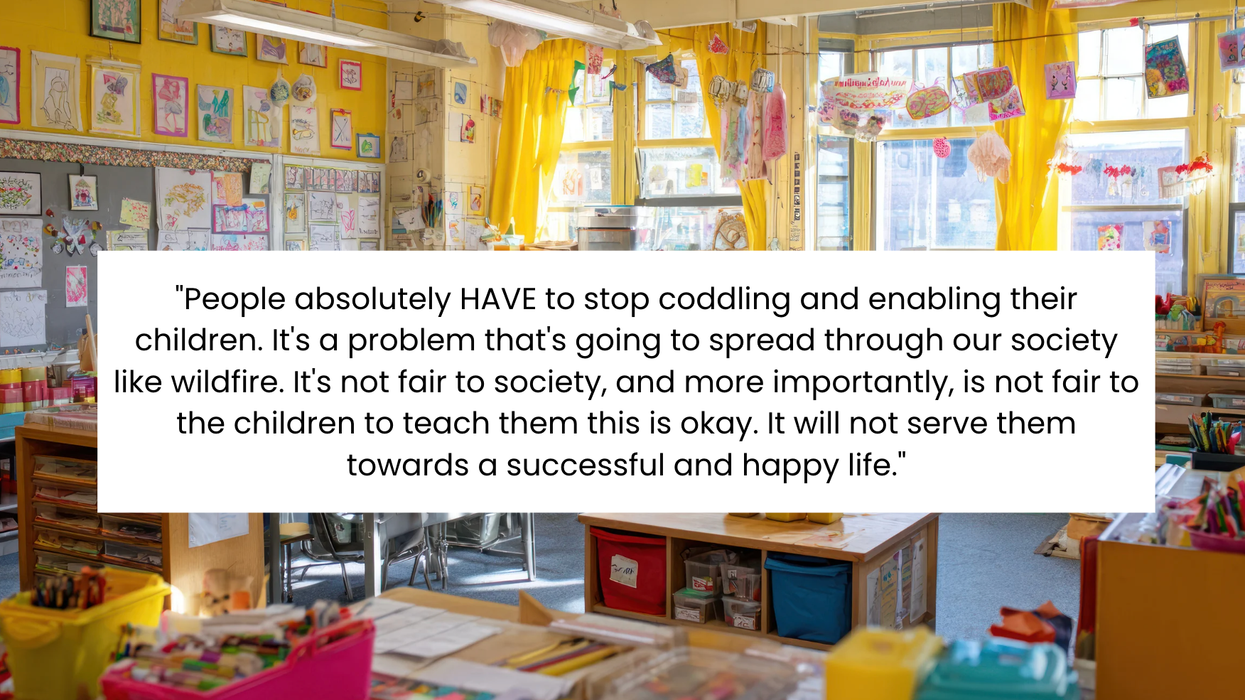When many of us think of animal testing for products, especially cosmetics, we may think of it as a necessary evil to ensure the safety and welfare of humans. But the truth is that the testing products on animals is not a requirement for any sort of approval, but rather a tactic used by cosmetic companies nonetheless to make sure their products are marketable.
Lush, a cosmetics company that has been built on cruelty-free practices in developing all of its products, teamed up with performance artist Jacqueline Traide to show the world what exactly living creatures have to endure when you buy something that’s tested on animals.
The video highlights a number of disturbingly common practices inherent to the testing process, which includes, according to the Humane Society, “force-feeding studies lasting weeks or months” and “tests where chemicals are rubbed onto the shaved skin or dripped into the eyes."
While the descriptions sound unpleasant, it’s the hope of those involved with this video that when you see these acts performed on a person, you’ll be more mindful of selecting the cruelty-free options at your disposal.
Here’s the somewhat graphic and possibly upsetting video:
As you can see, it’s not simply the “experiments” and “testing” that cause objection, but the overall treatment of the animals throughout the process, leading them around by chains and lines, forcing them into cramped, uncomfortable conditions, and the general notion of confinement for the sake of the companies’ bottom lines.
If you’d like to learn more about the testing process and what you can do to help put an end to the suffering of animals, visit the Humane Society’s Be Cruelty-Free Campaign and let your objections be known.

















 Pictured: A healthy practice?
Pictured: A healthy practice?


 Is solo sleep the best sleep?
Is solo sleep the best sleep?  Some poeple want their space, and some can't imagine being that seperate.
Some poeple want their space, and some can't imagine being that seperate. 

